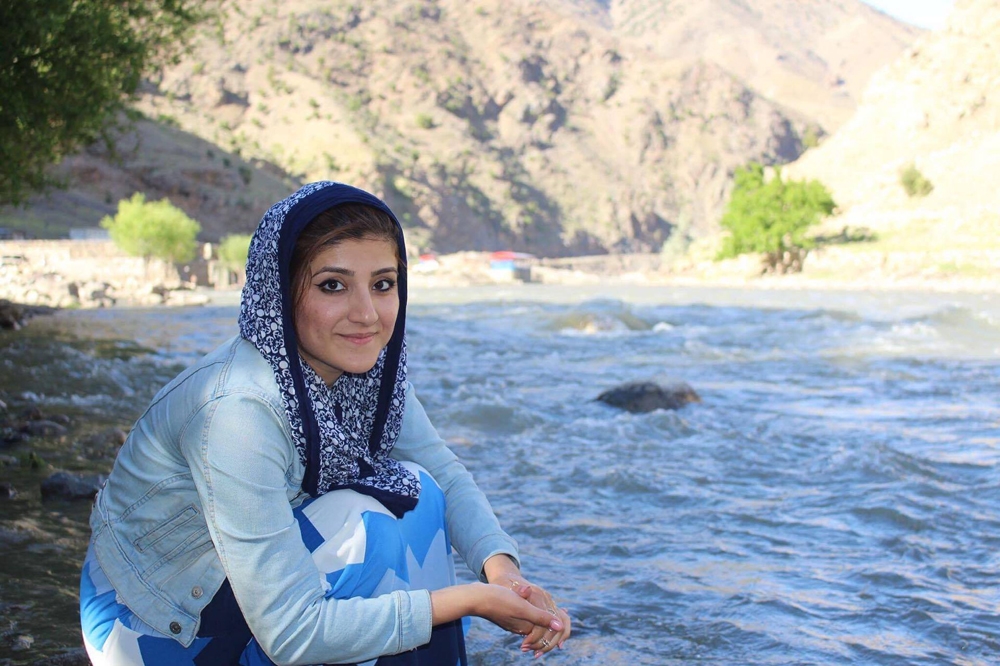Yalda Sarwar | Contributor
Featured image: Robina Hafizy is a fourth-year political science and law and society student. | Yalda Sarwar
“I don’t think I have achieved anything in my life,” she says humbly as I approach her for the interview.
Like many first-generation students, Robina Hafizy, a fourth-year political science and law and society student, is dismayed by not having achieved the height of success she had foreseen for this stage of her life.
“I feel like a failure,” she says, confused by the intent of the interview. Hafizy is juggling through her final semester.
Yet failure is the last adjective one may use when describing this Afghan native: she has lived a rather heroic life. Born in war-torn Afghanistan, the preciousness of education to Hafizy is expected. From acid being thrown on the faces of schoolgirls to sexual and verbal abuse, girls’ education in her home country has not been the easiest of tasks. She has been one of the fortunate few; she has had the privilege of migrating to Canada.
“I will always be thankful for the kind of opportunities [Canada] has given me,” she says.
The appointment of Maryam Monsef, the first Afghan-Canadian MP, into Prime Minister Justin Trudeau’s cabinet is especially rewarding.
“Honourable Maryam Monsef is a truly inspiring woman for Afghan-Canadians, immigrant women and refugees. She is a positive example of a successful refugee who had to work hard in order to change her life,” she adds.
“But what about Indigenous women?” I ask.
They also lack access to resourceful schools and standard educational facilities within various Aboriginal communities across Canada. They have been historically segregated, are missing and murdered.
I ask her, how do you think Aboriginal women can make an impact and persuade individuals and communities across the country to help bring an end to this national crisis?
Keeping the conversation going is key, according to Hafizy. From social media to news networks, she considers it vital for Canadians of all cultures and backgrounds to come together and prevent the federal government—and the media—from committing systemic violence against Aboriginal women, so that these women can rise above the vulnerable roles they have been stereotyped for.
“Jody-Wilson Raybould, minister of justice and attorney general, is working hard to bring significant positive changes to the Aboriginal community,” says Hafizy.
“Initially, I didn’t think about the significance of being the first woman [in my family] to have attended university. But now, it is something that I take pride in. I realized that education is power,” she says.
“I have the power to create change within my family and empower future generations […] It is very empowering to know that my younger siblings look up to me and are proud of what I have achieved so far.
“I have started the tradition of going to university in my family and I will continue to encourage them to do the same.”
What remains to be seen is whether the rest of us will attest to that sense of heroism within ourselves. It is our obligation as the most informed, resourceful and equipped generation yet, to become our own source of strength and a backbone to others, one woman at a time.


